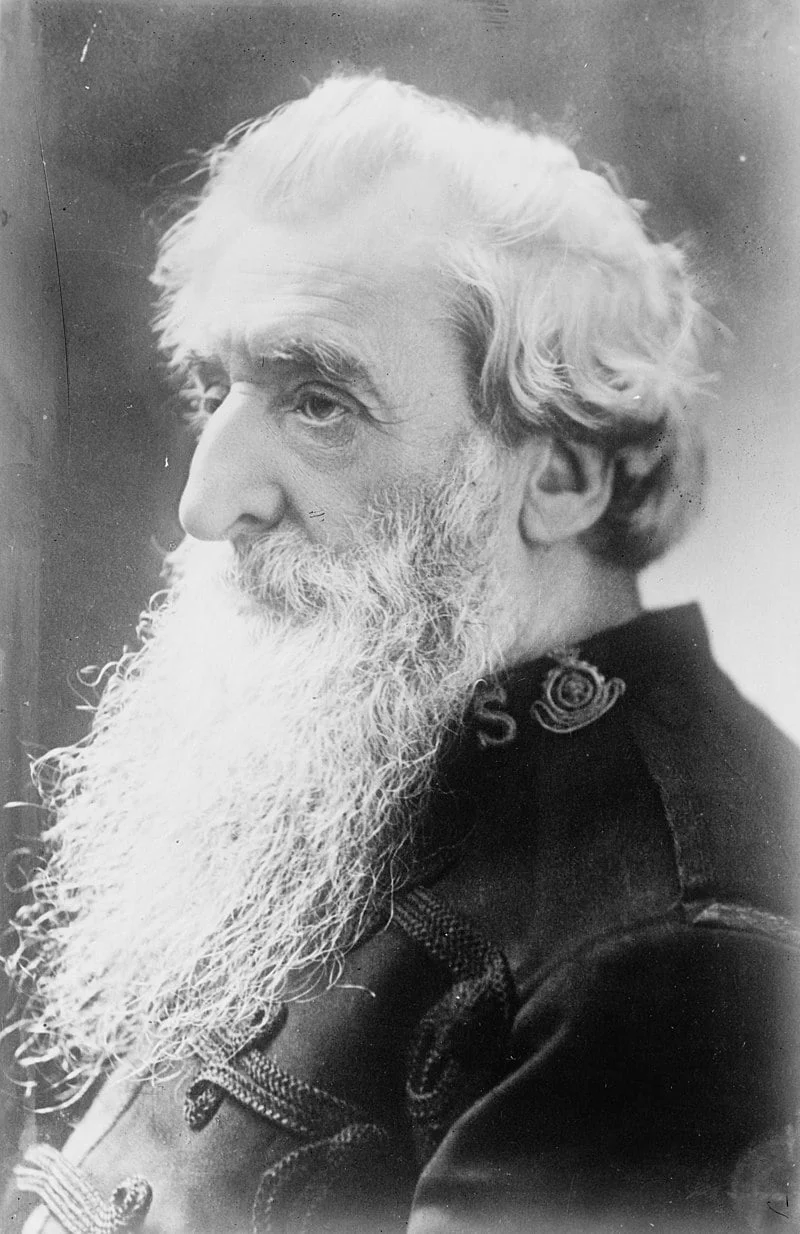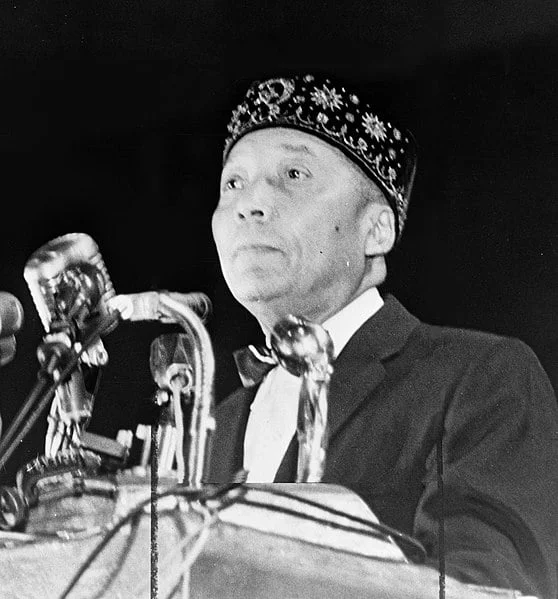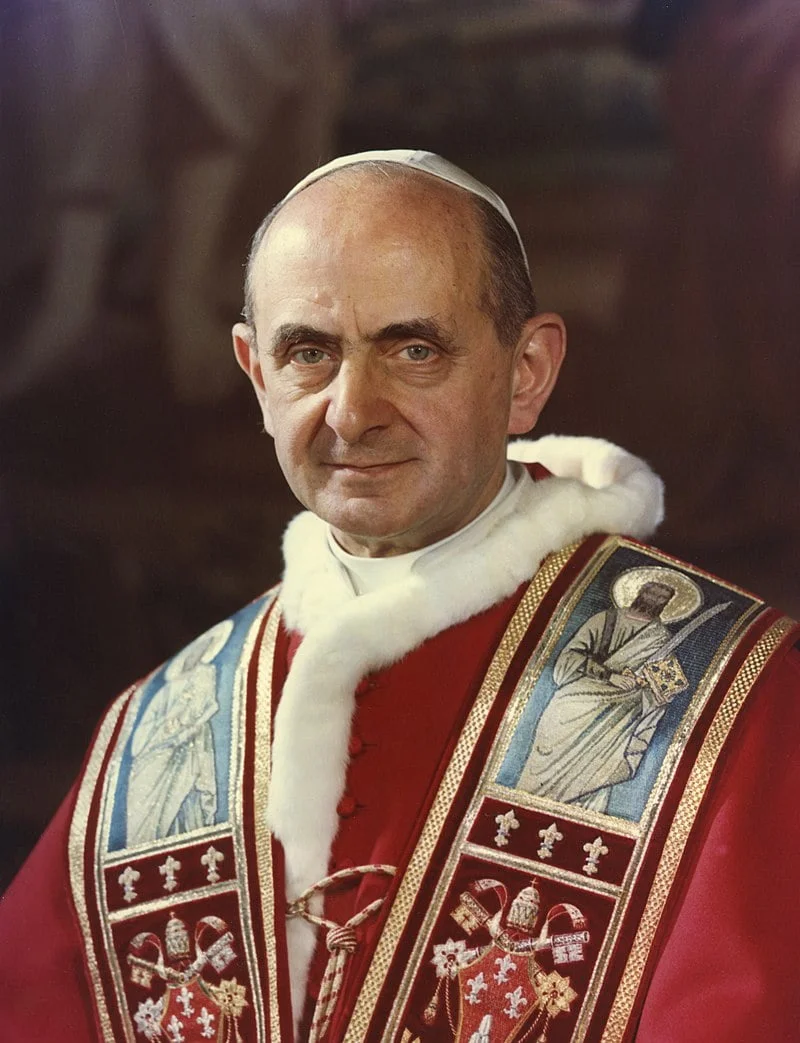Real Celebrities Never Die!
OR
Search For Past Celebrities Whose Birthday You Share

source:wikipedia.org
William Booth
Birthday:
10 Apr, 1829
Date of Death:
20 Aug, 1912
Cause of death:
stroke
Nationality:
British
Famous As:
Methodist Preacher
Age at the time of death:
83
William Booth's Quote's
Early Life and Education
William Booth was a British Methodist preacher and the founder of The Salvation Army, a Christian denomination and international charitable organization that is still active today. William Booth was born on April 10, 1829, in Nottingham, England, into a family of limited means. His father was a businessman who struggled financially and eventually went bankrupt. Booth received a basic education and started working as an apprentice in a pawnbroker’s shop when he was 13. He also attended a local Methodist church and became interested in Christianity.
Religious Experience and Ministry
In 1845, at the age of 16, Booth had a religious experience that he later described as a “mighty assurance” of salvation. He joined the Methodist New Connexion church and began to preach on street corners and in mission halls. In 1851, he moved to London and became a full-time evangelist, working with the Rev. James Caughey, an American Methodist who was conducting revivals in England.
Marriage and Independent Ministry
In 1852, Booth married Catherine Mumford, a fellow Methodist preacher whom he had met in London. They had eight children together, four boys and four girls. In 1861, Booth resigned from the Methodist ministry and started his own independent ministry, which he called the Christian Revival Society. He focused on evangelism and social reform, preaching to the poor and working-class people in the East End of London, where poverty, crime, and alcoholism were rampant.
Formation of The Salvation Army
In 1865, Booth changed the name of his ministry to The Christian Mission and adopted a military-style organization and hierarchy. He became known as the “General” and his followers as “soldiers.” The mission’s aim was to “fight sin and evil” and bring the gospel to the poor and needy. Booth emphasized the need for personal conversion and holiness, as well as practical help and social justice. The mission opened soup kitchens, shelters, and other services for the destitute and homeless.
Reorganization and Expansion
In 1878, Booth reorganized The Christian Mission into The Salvation Army, a more formal and centralized organization with a distinctive uniform, flag, and music. The name “Salvation Army” reflected its mission to save souls and “fight the devil.” The army also had a set of doctrines and practices that were based on Booth’s interpretation of the Bible and his own experiences. Booth and his wife traveled extensively to establish the army in different countries and to raise funds for its work.
Growth and Controversies
The Salvation Army grew rapidly in the 1880s, both in Britain and overseas. It established a presence in the United States, Canada, Australia, and many other countries. The army’s methods and message were controversial, however, and it faced opposition from many quarters. Its street preaching, music, and social work were seen as too radical and disruptive by some. The army also clashed with other Christian groups and secular authorities over issues such as licensing, public order, and the role of women.
Later Years and Death
Booth continued to lead The Salvation Army until his death in 1912, but his role became more ceremonial and symbolic as he grew older. He delegated more responsibilities to his son, Bramwell Booth, who became the army’s chief of staff in 1896.
Name:
William Booth
Popular Name:
William Booth
Gender:
Male
Cause of Death:
stroke
Spouse:
Place of Birth:
Sneinton, Nottingham, England
Place of Death:
Hadley Wood, London, England
Occupation / Profession:
Personality Type
Debater: Smart and curious thinkers who cannot resist an intellectual challenge. He was able to create a strong foundation for the salvation army because of his deep thinking ability.
Booth left school in 1842 when he was only 13 years old and was apprenticed to a pawnbroker.
He was recognized as being a big contributor to humanitarian aid and goodwill.
In 2002, Booth was named among the 100 Greatest Britons in a BBC poll.
Founded The Salvation Army


